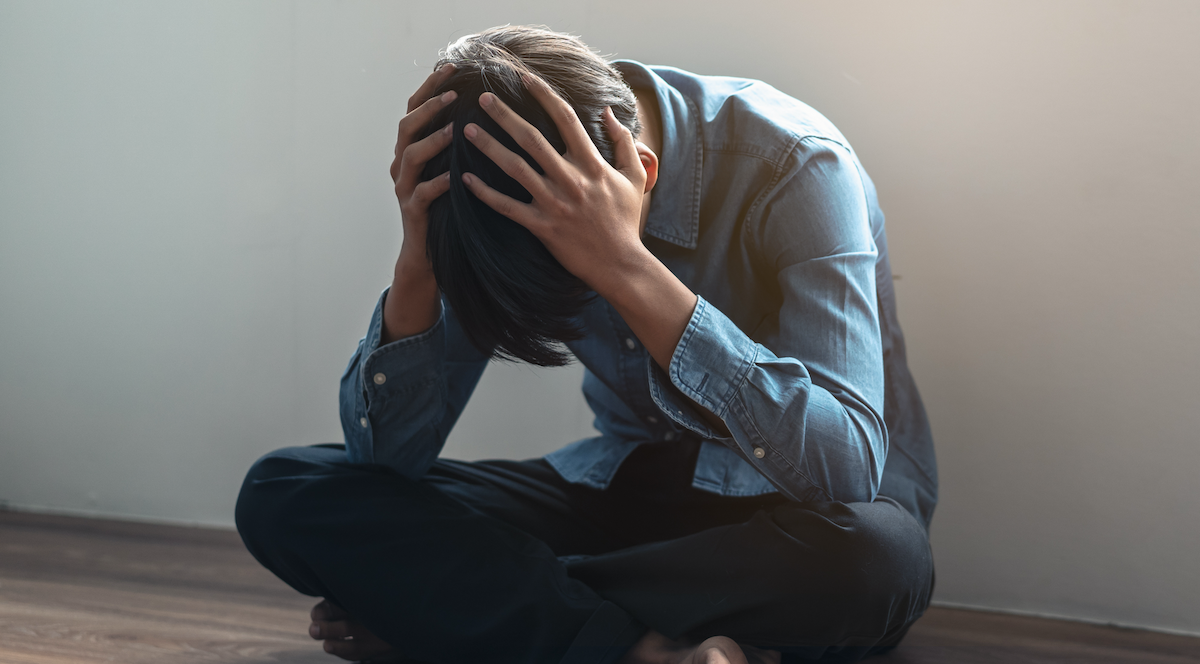
Some school counselors and lawmakers are concerned about Georgia children’s mental health, citing a recent rise in deaths by suicide.

Jacob Dreiling, a mental health counselor in the Decatur public school system, said he has noticed an increase in suicidal thoughts among the students he sees.
“I’m doing suicide assessments on kindergarten, all the way up through 12th grade,” he said. “Students are feeling pressure and mental health issues in such high numbers.”
As of November, 67 Georgia children had taken their own lives, according to data obtained from the state Bureau of Investigation under the Open Records Act. Even without a complete tally for the year, 2021 has already surpassed 2020’s total of 55. The death rate from suicide for this age group has fluctuated over the past decade.
In light of these numbers, Georgia state Rep. Mesha Mainor said she wants to mandate suicide screenings at the beginning of each academic year for all public school students ages 8 through 18.
Her proposal comes amid a push to address mental health by Republican House leadership and has received some bipartisan support, but the bill has not passed out of committee.
School counselors and therapists already conduct suicide screenings on students who express thoughts of suicide or are referred by others, but this bill would require screenings for all students.
Mainor, a Democrat from Atlanta on the House Education Committee, said the screenings could help parents identify children who may be less likely to speak out about suicidal thoughts.
“One death is one death too many,” said Mainor, who lost her brother to suicide in 2010. “With this bill, I want to let parents be aware of what might be going on.”

While Dreiling said he believes the screenings could be helpful, he expressed concern that universal screenings would amount to a massive increase in counselors’ workloads.
Georgia’s student-to-school-counselor ratio was 432 to one for the 2019-2020 academic year, according to The American School Counselor Association. The association recommends one counselor for every 250 students.
“There are not enough school counselors to handle the caseload that they have,” Dreiling said.
Doris Smith, a co-founder of the National Organization for People of Color Against Suicide, said she supported more robust mental health services in schools. However, she predicted that parents may balk at universal screenings, given the stigma surrounding counseling services.
“It’s gonna be pretty tough to get their permission to screen their child,” said Smith, who lost her son to suicide in 1992 at the age of 27.
Mainor said she was open to allowing parents to opt-out of the screenings during a House Education Committee hearing for the bill on Friday. The bill as filed does not address this.
 At the same hearing, Rep. Miriam Paris, a Democrat from Macon, questioned whether educators have the capacity to take on “another layer of psychology work.”
At the same hearing, Rep. Miriam Paris, a Democrat from Macon, questioned whether educators have the capacity to take on “another layer of psychology work.”
“Having to wear so many hats in your occupation, I think, is another thing that leads to burnout,” Paris said.
Committee Chairman Matt Dubnik, a Republican from Gainesville, expressed support for the bill but alluded to potential amendments.
“This is something that needs to be addressed in a very serious way,” Dubnik said. “We will work with you to find a pathway forward to work on this legislation.”
One lawmaker on the committee questioned whether suicide prevention has any place in schools.
“I worry, just at its face, if that is a conversation that needs to be had with children within a school system at all,” said Rep. Dominic LaRiccia, a Republican from Douglas. “Children from many families have never thought about it … and if you bring attention to it, all of a sudden, you have sparked a thought in a person’s mind.”
Dreiling said parents and counselors shouldn’t fear talking openly about suicide with kids.
“The idea of suicide is out there,” Dreiling said. “You’re letting them know that it’s okay to talk to you about that. You’re not planting the idea.”
This article appears on Now Habersham in partnership with FreshTake Georgia







